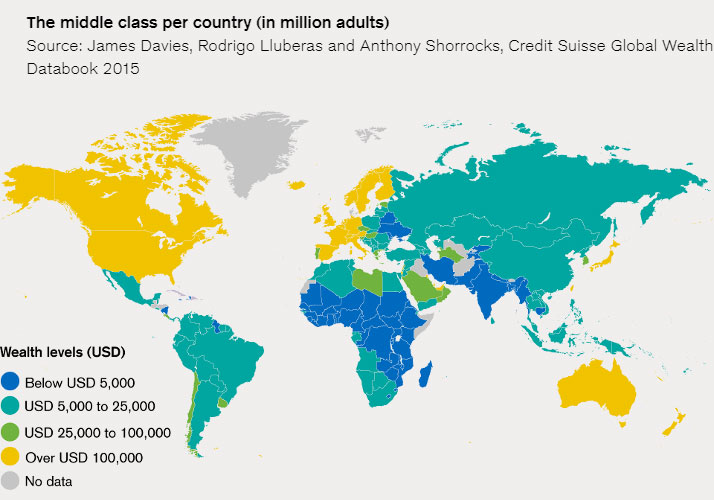- Joined
- Nov 7, 2019
- Messages
- 10,190
- Reaction score
- 2,141
- Gender
- Undisclosed
- Political Leaning
- Undisclosed
It's a standard way of showing income per capita by country. Irrelevant to our discussion. It is, I suspect, GDP per capita that you're looking at.
Can you provide a link to the World Bank data?
No, GDP per capita is not what I am looking for, at all.
The purpose of me bringing up household incomes and per capita incomes is that you were trying to compare cost as a percentage of overall income and you grossly understated it.
I looked at the data a variety of ways, the disparity is consistent in that there is always a 30-50% spread between US income and Canadian income, with the gross disparity being on the lower side and the net disparity on the higher side.
Adjusted net national income per capita (current US$) | Data
Adjusted net national income per capita (current US$) from The World Bank: Data




